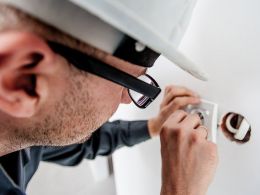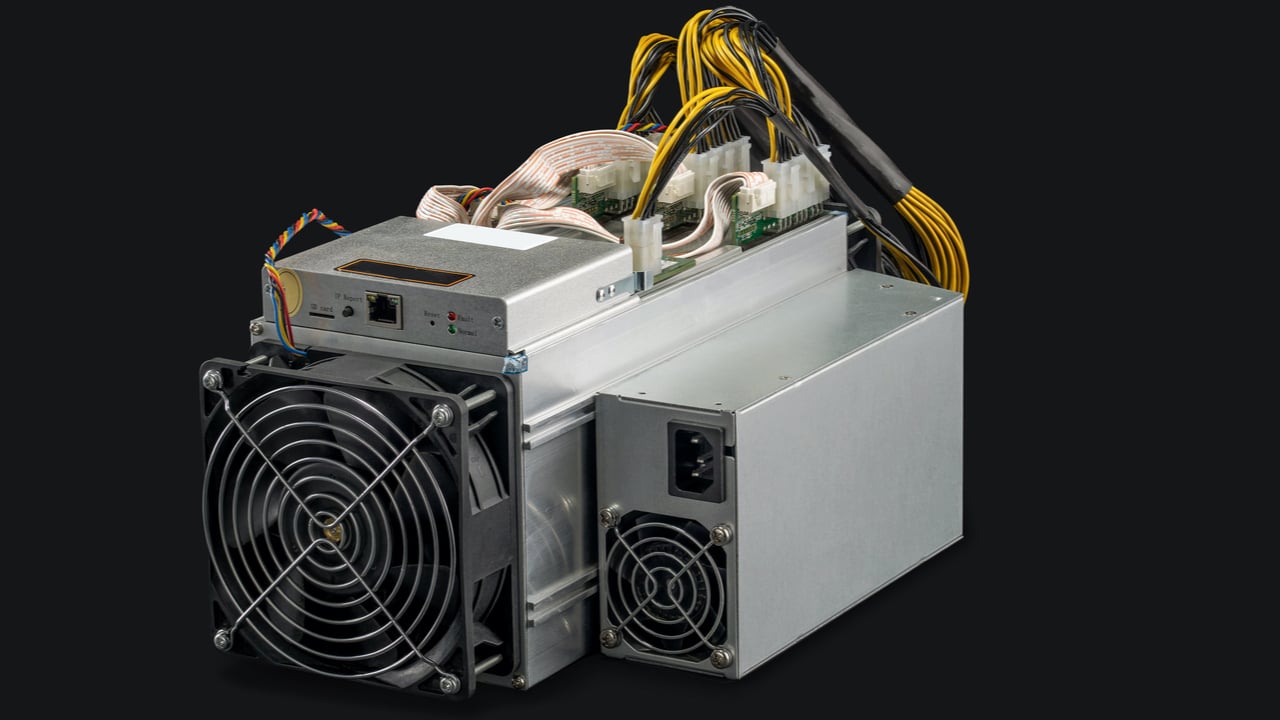
Why Bitcoin Mining Pools Aren’t Incentivized to Broadcast Blocks Quickly
It is generally accepted that latency in block propagation is one of the bottlenecks for Bitcoin scaling. This is why many of Bitcoin’s most active developers and researchers have presented a series of solutions to compress blocks and speed up propagationover the past years. It is not as well known that these solutions may not suffice on their own. Due....
Related News
Currently, everyone’s been focused on the price of bitcoin and turbulent global markets. However, in the bitcoin mining and development space, there’s a lot going on behind the scenes. Smaller Mining Pools and Bitcoin Unlimited. As Bitcoin.com previously reported the bitcoin network’s hashrate distribution among mining pools has been changing. Lately,....
BTC.com has launched a new, open source bitcoin mining pool. Out of the gate, the pool seems to have some advantages in the pool sector of the mining industry. They have iOS and Android apps ready from launch, but the highlight is the efficient system underneath the platform. The New BTC.com Mining Pool. The mining pool’s software monitors other pools and blocks in real time, allowing miners to quickly move to a new block when one gets solved by another pool. This extra efficiency should result in solving more blocks overall from the pool’s hash power. BTC.com’s large distribution of nodes....
Guldencoin, a national cryptocurrency in the Netherlands, has developed a "readjustment" algorithm called DELTA that adjusts the difficulty in mining block chains. The algorithm helps miners generate blocks at regular intervals. The DELTA readjustment algorithm maximizes the amount of hash power miners have to generate blocks. In doing this, the readjustment algorithm addresses the mining difficulty caused by profit-switching pools. These are centralized mining pools that switch between coins based on the level of coin profitability. Why mining pools switch coins. The pool normally waits....
Bitcoin mining today is dominated by mining pools. These mining pools arguably have a strong hold on the Bitcoin network, but also on their own participants. Since mining pools typically operate with little transparency, participants must issue a lot of trust in pool operators not to cheat them out of Bitcoin. Czech Republic-basedSlush Pool – accounting for some4 percent of total hash power on the Bitcoin network – now believes it has solved this problem. Its “provably fair” mining should take away any mistrust – plus introduce some added benefits. Miners are the entities on the Bitcoin....
During the first quarter of 2022, Bitcoin’s hashrate averaged between 180 to 200 exahash per second (EH/s) and during the course of that time, 13,233 block rewards were found by 16 mining pools. According to three-month statistics, Foundry USA was the network’s top mining pool in terms of hashrate percentage, as the bitcoin mining operation scored 2,380 blocks in Q1 2022.
Foundry USA Commands Q1 2022’s Top Bitcoin Mining Pool Position
Metrics indicate bitcoin miners issued approximately 82,706.25 BTC over the last three months after collectively finding....





